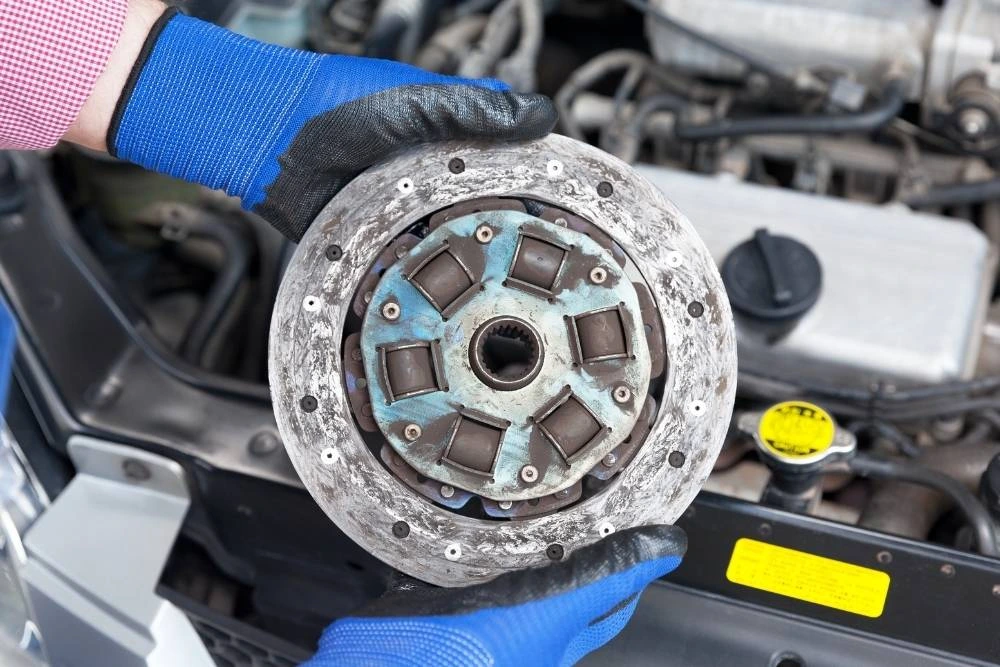Is My VW’s Clutch Going Out?

If you suspect that your Volkswagen’s clutch is going out, drive straight to Peak Euro. We will inspect the clutch and recommend the proper course of action, whether that is adjusting the clutch, rebuilding it, or replacing it. We are going to list the signs that your clutch is going bad below.
A Spongy or Soft Clutch
Changes in how the clutch pedal feels underneath your foot are a sign that the clutch is going out. Your VW’s clutch should always give you the same amount of resistance when you use it, and it should always catch in about the same place. If the clutch feels soft or spongy, it may need to be rebuilt from the inside. In some cases, the clutch will be harder to depress.
Higher Clutch Catch Point
As we just mentioned, the clutch catch point should not change, but it tends to do so in a clutch that is going bad. In most cases, the catch point will get higher than normal. This catch point change may be subtle at first but will increase over time. Eventually, you will notice that the clutch is catching in a different location than it originally did.
An Overheating Clutch
An overheating clutch will release burning odors when you use it. This is a sign that the clutch needs to be replaced because it can no longer stay engaged. This is called “slipping.” When the clutch slips, it engages initially and then disengages even though you are still pressing it down. Unfortunately, this causes problems with the power transfer between the engine and transmission.
Difficulty Changing Gears
For example, you will have difficulty changing the gears because the power is still with the engine even though it should be with the transmission. You may be unable to shift the gear at all, or the transmission may fight you to go into the next gear. You may also find that your Volkswagen is slipping out of gear frequently and going into neutral by itself.
Grinding or Squeaking
Another sign that the clutch has not transferred the power from the engine to the transmission is if your gears grind when you shift them. This definitely points to a problem with the power staying in the engine instead of the transmission. As an aside, your clutch may also start to squeak when you press down on it if it needs to be replaced.
Hesitating Acceleration
Finally, your Volkswagen will hesitate to accelerate after you have released the clutch if the clutch is going bad. This, too, is an indication that the clutch has not moved the power to the transmission as it should have.
Call Peak Euro in Bend, OR, today if you are having problems with your Volkswagen’s clutch.
